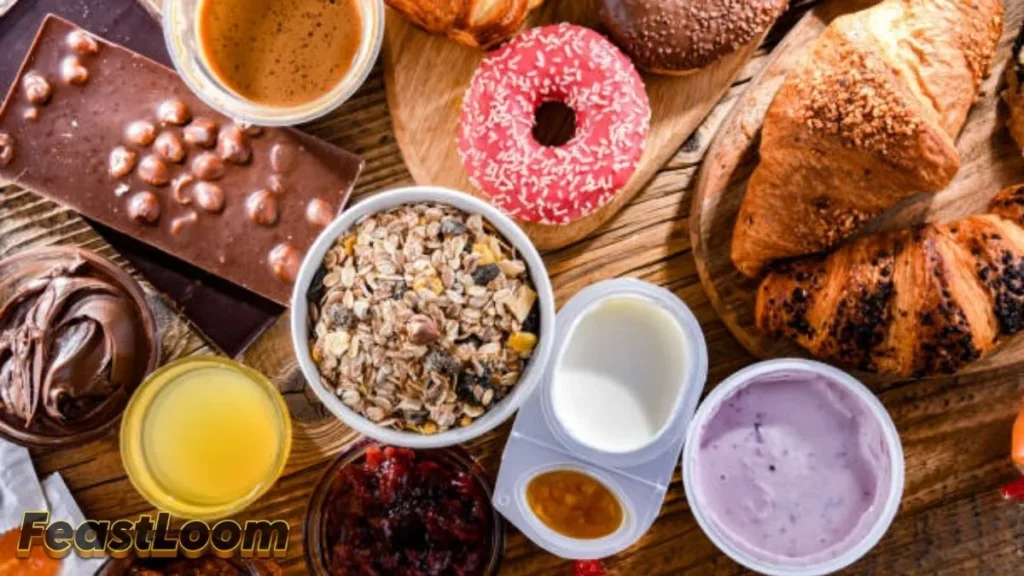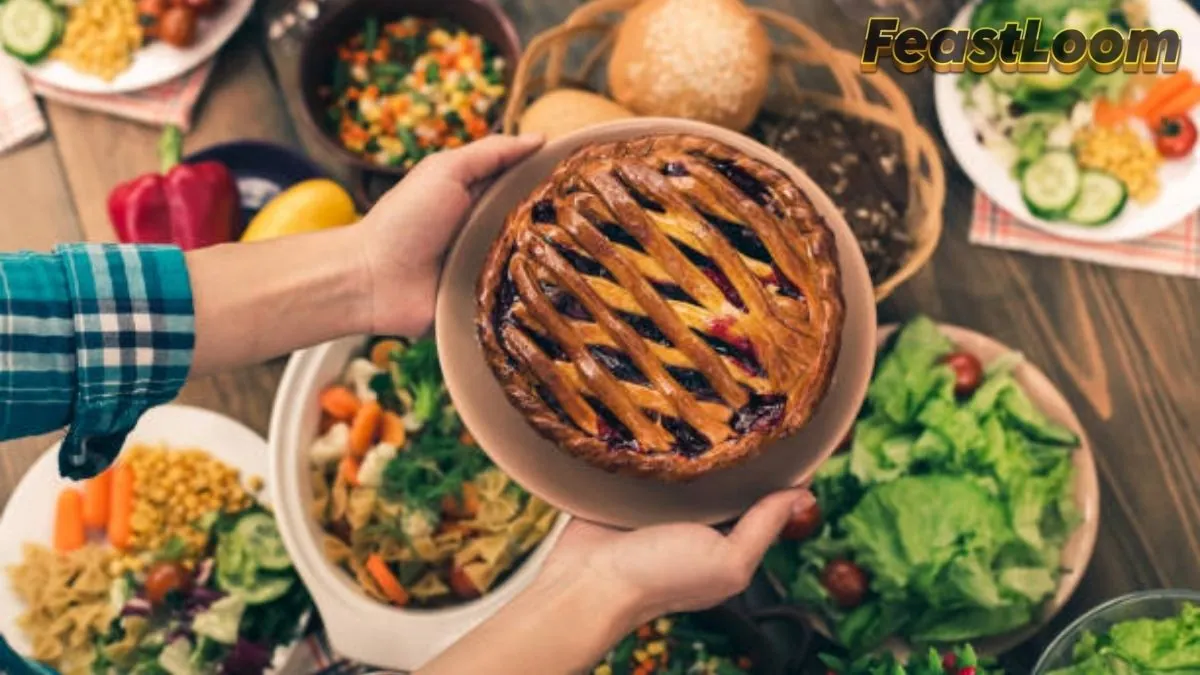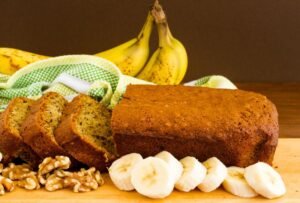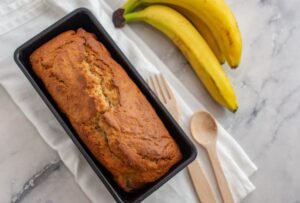How can bakeries market banana bread as a zero-waste product?

How can bakeries market banana bread as a zero-waste product?
Introduction
In recent years, the concept of zero-waste has been gaining traction, becoming more than just a buzzword. It’s a movement, a lifestyle, and for many businesses, a new approach to sustainability. This applies even to the food industry. Among popular items that can potentially play into this trend is banana bread, a beloved baked good in many households. So, how can bakeries market banana bread as a zero-waste product? Let’s dive in and explore.
Understanding Zero Waste
Before we can talk about how to market banana bread as a zero-waste product, it’s crucial to understand what zero waste is. The zero waste philosophy is about reducing, reusing, and recycling as much as possible, aiming to send nothing to the landfill. Beyond just being good for the earth, this can also provide a strong marketing angle for businesses, resonating with potential customers who value sustainability.
Utilizing Overripe Bananas
One common reality in bakeries, supermarkets, and homes around the world is the occurrence of overripe bananas. Why are these potential wastes important? Well, they happen to be the perfect ingredient for banana bread. By marketing banana bread as a way to utilize overripe bananas, bakeries can position it as a zero-waste product.
- Speak to the problem: Educate customers about the issue of food waste, particularly related to bananas.
- Show the solution: Demonstrate how using overripe bananas for baking banana bread helps combat this issue.
Zero-Waste Packaging
If you want to market your banana bread as truly zero waste, it’s important to also consider the packaging. Swap plastic wrappers for biodegradable or reusable alternatives. Be sure to promote these changes as part of your zero-waste marketing strategy.
- Green Packaging: Utilize compostable, recyclable, or biodegradable materials for your banana bread packaging.
- Marketing: Make sure customers know about your commitment to zero waste by highlighting your sustainable packaging on social media, in-store signage, etc.
Offering Bulk Discounts
Many people looking to reduce their waste also opt for shopping in bulk. Offering a discount for buying larger quantities of banana bread can attract these customers. This strategy not only markets the product as zero waste, but also incentivizes customers to help reduce packaging materials.
Reinforce Transparency
Clients today are more educated and conscious about their product choices. They appreciate transparency from businesses, especially in terms of sustainability and waste management practices. Document the process, show behind-the-scenes of your bakery, and talk about your journey towards becoming a zero waste business. Show your customers that your commitment to zero waste extends beyond just the banana bread itself.
Work with Local Suppliers
Another marketing point is to highlight your partnership with local suppliers. This not only reduces your carbon footprint by lessening shipping needs, but also supports local agriculture. This is often appreciated by those who strive for a zero waste lifestyle.
Final Thoughts
Marketing banana bread as a zero waste product is a great example of how sustainability efforts can open new doors for businesses. The idea of zero waste is more than just a trend; it’s a growing demand. By taking the right steps, bakeries can offer a desirable product while also making a positive impact on the environment.

Learn More
Conclusion
Banana bread can effectively be marketed by bakeries as a zero-waste product. Through transparent and impactful marketing strategies, bakeries can emphasize the eco-friendly aspect of the product’s lifecycle – from raw materials to the final product. Proper use of wasted bananas can contribute significantly to waste reduction. Additionally, banana bread can be packaged in zero-waste or compostable packaging to further underline its environmentally friendly promise. By highlighting these factors, bakeries can connect with the increasing number of environmentally conscious consumers. The taste and health benefits of banana bread are added bonuses that make it a smart choice for consumers. Continuous engagement with customers, effective communication of the zero-waste message, and partnerships with like-minded businesses can drive the idea home and enhance reach among the target market.
FAQ
Why is banana bread considered a zero-waste product?
Banana bread is a zero-waste product as it can be made using overripe bananas that would otherwise be thrown away. It also helps reduce food waste and promotes recycling of resources.
How can packaging add to the zero-waste marketing?
Utilizing sustainable or compostable packaging reinforces the idea of a zero-waste product. This not only reduces waste, but also aligns with the eco-friendly values of the brand.
How can bakeries communicate the zero-waste message effectively?
Bakeries can highlight the zero-waste production of the banana bread through in-store signage, packaging labels, social media, and website communications.
How can banana bread be made more eco-friendly?
Using local, organic, and fair-trade ingredients can contribute to its eco-friendliness. The baking process can also be made energy-efficient to further decrease environmental impact.
Does zero-waste mean no wastage at all?
Zero-waste aims at reducing waste to the minimum, utilizing all resources effectively, leading to significant waste reduction if not complete elimination.
Why should consumers choose a zero-waste product?
Choosing a zero-waste product reduces environmental impact, supports sustainable practices, and contributes to the global effort of waste reduction.
How can customer engagement affect marketing of zero-waste products?
Active customer engagement like feedback, testimonials and participation in eco-friendly activities can boost the image and sales of zero-waste products.
How can bakeries market banana bread as a zero-waste product?

When you make purchases through the links available on our site, we may receive an affiliate commission at no additional cost to you.



